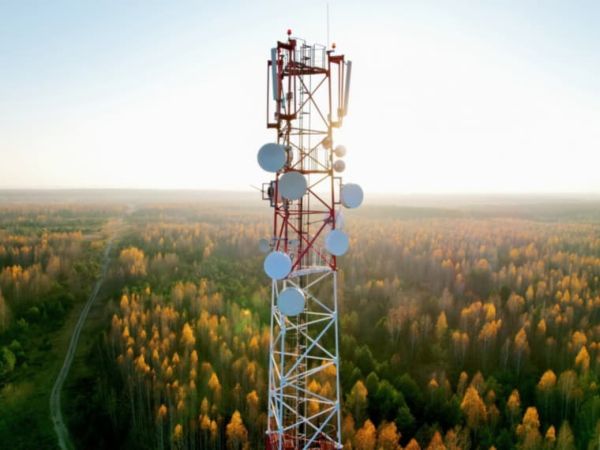
Streaming giants Netflix, Amazon, and other big firms have publicly rejected the Telecom Regulatory Authority of India’s (TRAI) proposal to regulate content delivery networks (CDNs), a move that could significantly alter the digital content delivery environment in India. A contentious discussion concerning the function of CDNs and their classification under the telecom framework has been triggered by this resistance.
The goal of TRAI’s proposal is to create regulations for CDNs, which are crucial for online content delivery and caching. The goal of the authority is to establish a framework that guarantees digital service providers’ responsibility and quality of service. However, major content delivery services like Netflix, Amazon, Universal Studios, and Warner Bros. contend that they are not telecom carriers and should not be governed by TRAI’s regulations.
Representatives from these businesses stressed during a TRAI-hosted open house discussion that CDNs are primarily used to cache and deliver content, not to enable end-to-end communication. They argue that such a regulatory strategy could hinder investment and innovation in India’s rapidly developing digital economy.
Several international trade associations, such as the Asia Video Industry Association (AVIA) and the Motion Picture Association (MPA), support the opposition from these streaming sites. The Broadband India Forum’s (BIF) deputy director-general, Debashish Bhattacharya, explained their position by saying that CDNs are neither internet service providers nor telecom operators. He emphasized that CDNs operate as either private networks or as telecom companies’ clients, connecting to them via peering and transit agreements.
Experts in the field caution that enforcing regulatory frameworks on CDNs may discourage investment in new markets like data centers and cloud computing. Bhattacharya noted that false information about regulations may have a detrimental effect on the trajectory of the CDN market’s expansion in India, which is anticipated to grow rapidly over the next several years.
The pushback against TRAI’s proposed regulations raises critical questions about how digital services should be governed in an increasingly interconnected world. With the Indian CDN market expected to expand from $435.2 million in 2018 to $2.85 billion by 2027, ensuring a conducive environment for growth is essential. The current debate underscores the need for clarity regarding the regulatory landscape for digital services.
Telecom operators have also weighed in on this issue, suggesting that while CDNs should not be overly regulated, they must adhere to certain quality standards and obligations. For instance, Bharti Airtel has advocated for minimum quality requirements and compliance with content blocking orders to ensure a level playing field among all service providers.
As discussions continue around TRAI’s proposal, stakeholders from various sectors will be closely monitoring developments. The outcome of this debate will likely influence not only how content delivery networks operate but also how streaming services engage with regulatory bodies in India.
The resistance from Netflix, Amazon, and other major players highlights a broader trend where digital platforms seek greater autonomy in their operations while navigating complex regulatory environments. As the digital landscape evolves, finding a balance between regulation and innovation will be crucial for fostering growth in India’s vibrant tech ecosystem.
In conclusion, serious worries about possible overreach and its effects on investment in India’s digital economy are reflected in Netflix and Amazon’s resistance to TRAI’s proposal to regulate CDNs. The future of content distribution regulation is still up in the air, but it is crucial for both providers and customers, as parties continue their conversations.